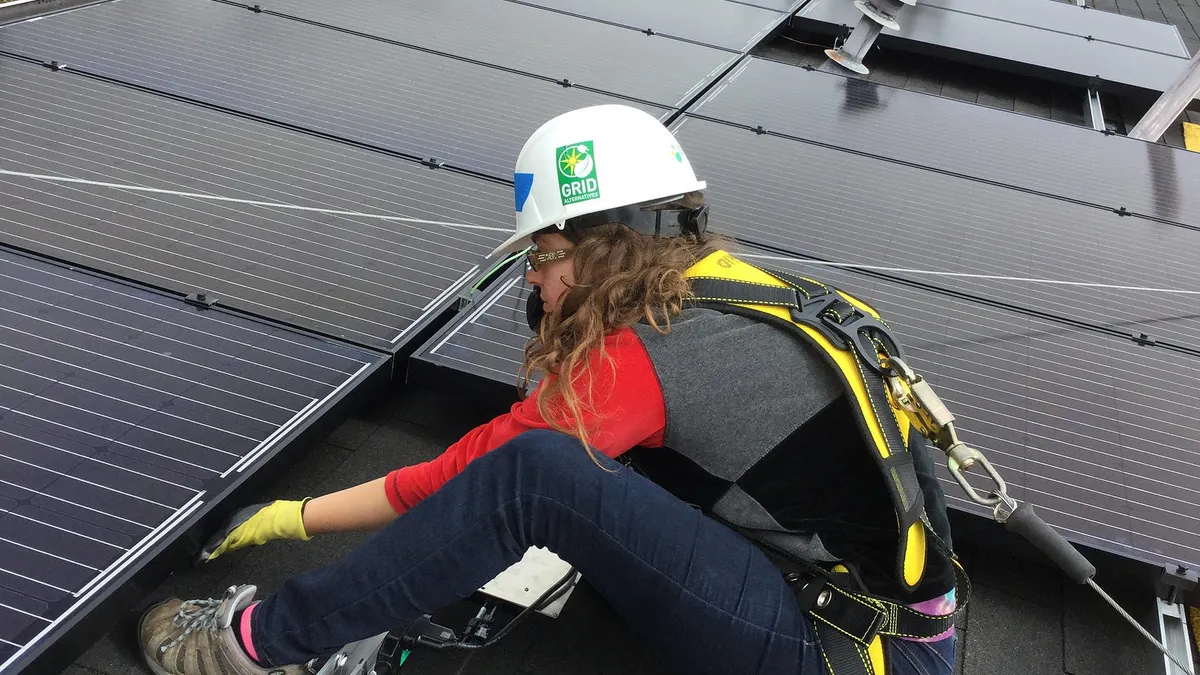The U.S. Treasury Department, the U.S. Department of Energy and the Internal Revenue Service issued guidance Monday on Inflation Reduction Act provisions that aim to spur investment in underserved communities and coal communities.
One notice establishes the expanded Qualifying Advanced Energy Project Credit program under Section 48C of the Internal Revenue Code.
The program provides $10 billion in tax credits for clean energy manufacturing and recycling, industrial decarbonization, and critical materials processing, refining and recycling.
At least $4 billion of the 30% tax credits must go to projects at closed coal mines or retired coal-fired power plants.
Potential projects include manufacturing of fuel cells and components for geothermal electricity and hydropower, equipment for carbon capture, and critical minerals processing facilities, according to the departments and the IRS.
The application process for an initial $4 billion in credits, with $1.6 billion targeted for coal communities, begins May 31.
The IRS also issued guidance on the Low-Income Communities Bonus Credit program that can increase the investment tax credit for wind and solar projects in low-income communities by 20 percentage points.
The program will will make tax credits available for 1.8 GW this year across four categories for solar and wind projects with a maximum output of 5 MW.
The program this year will provide credits for 700 MW in low-income communities; 200 MW on tribal land; 200 MW for facilities serving federally subsidized residential buildings; and 700 MW for facilities where at least half the financial benefits of the electricity go to households with incomes below 200% of the poverty line or below 80% of area median gross income.
Depending on demand for the credits, the Treasury Department and IRS may reallocate the capacity for each category.
“These Inflation Reduction Act credits will help revitalize and strengthen the nation’s energy economy and infrastructure while ensuring underserved and historic energy communities are not left behind,” Deputy Secretary of Energy David Turk said in a statement.
Since the IRA passed last year, companies have announced more than 90 clean energy projects representing $90 billion in investments in areas such as batteries, solar, wind and electric vehicles, Lily Batchelder, assistant secretary of the Treasury for tax policy, said Saturday in San Diego.















